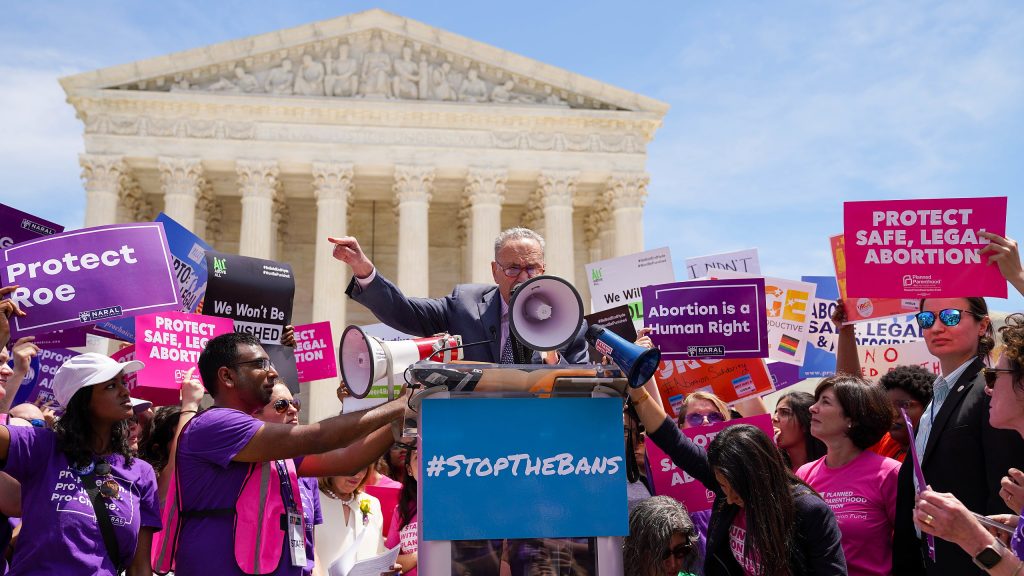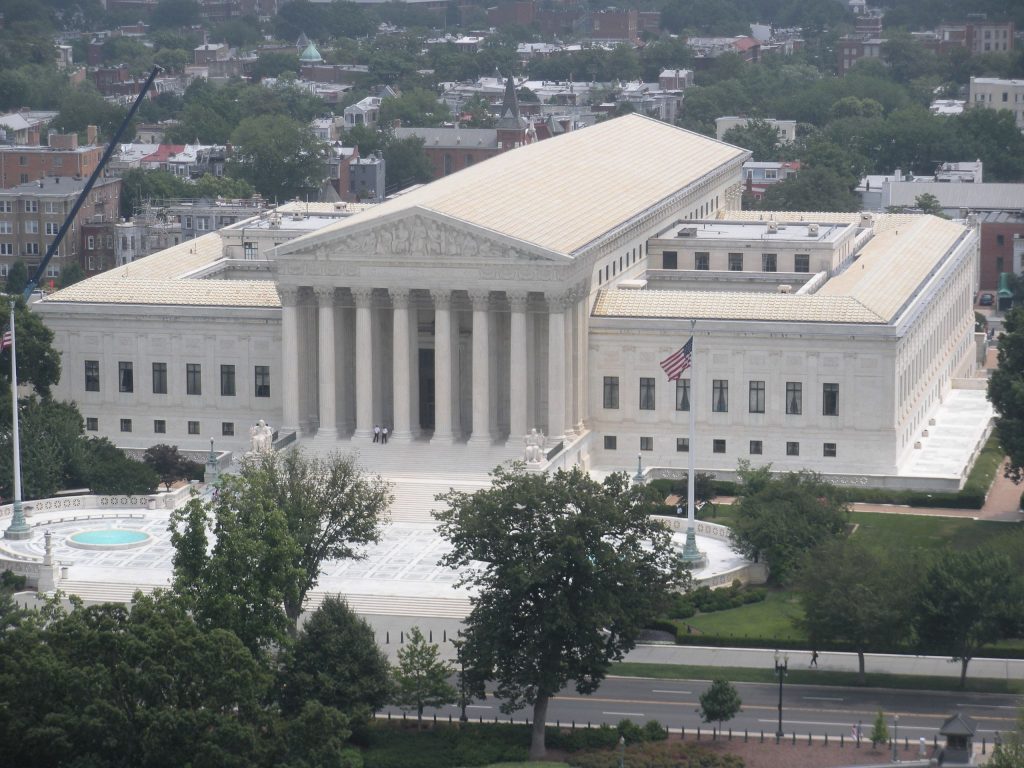If you spend any time on social media, you know by now that the United States Supreme Court will overturn Roe v Wade very soon. Last night, POLITICO published a leaked draft of an opinion by Justice Samuel Alito. In the draft opinion, Justice Alito, on behalf of the majority of the court, states that its decisions in Roe v Wade (and Planned Parenthood v Casey) “must be overruled.”
Obviously, the impact of overturning Roe v Wade will be huge all over the United States. Of course, the right to an abortion will disappear overnight. Similarly, because Roe v Wade focused on the right to privacy, privacy rights will likely narrow as well. But, beyond that, what does overturning Roe v Wade have to do with the criminal justice system? Likely a lot.
Overturning Roe v Wade will immediately lead to more prosecution and incarceration.
The most obvious way that overturning Roe v Wade impacts the criminal justice system focuses on prosecution and incarceration. There used to be a sentiment that anti-abortion activists didn’t want to punish women who wanted abortions. But laws set to immediately go into effect after the Supreme Court’s decision paint a different picture.
As Paul Ferrell explained for Daily Mail, more than half the states in the United States have laws on the books that would make abortion immediately illegal once the Supreme Court overturns Roe v Wade. And, as Eleanor Klebanoff wrote for The Texas Tribune last month, prosecutors will have the power to charge women who have abortions with murder. In fact, prosecutors in Texas already used that power, charging a 26-year-old woman with murder for getting a “self-induced abortion.”
Prosecutors brought that charge and were able to arrest the woman and hold her in custody on a $500,000 bond. They did so even though Texas law did not allow them to charge someone with murder for an abortion. The prosecutors eventually realized what Texas law said, and the charge was dismissed. But Texas lawmakers could easily change that after the Supreme Court overturns Roe v Wade too.

Overturning Roe v Wade will likely lead to end of several other rights as well.
In addition to prosecuting and incarcerating women who seek, and doctors who perform, abortions, Justice Alito’s draft opinion overturning Roe v Wade also foreshadows a number of other rights that the Supreme Court may seek to end in the coming years.
For instance, Justice Alito criticizes “the right to marry a person of a different race,” “the right to marry while in prison,” “the right to obtain contraceptives,” “the right to reside with relatives,” “the right to make decisions about the education of one’s children,” “the right not to be sterilized without consent” and “the right in certain circumstances not to undergo involuntary surgery, forced administration of drugs, or other substantially similar procedures[.]”
Justice Alito doesn’t indicate whether he and his conservative colleagues intend to take away these rights. Instead, he merely identifies them as rights not specifically guaranteed by the Constitution. Rather than say whether “the right to marry while in prison,” for example, might come to an end, he declines to substantively address these other rights because they don’t involve a “critical moral question” like abortion. That doesn’t mean, of course, that these rights are off limits down the road.

The Takeaway:
The United States Supreme Court is going to overturn Roe v Wade. The decision to overturn Roe v Wade will impact the criminal justice system in many ways. Most obviously, prosecutors can start charging women who seek and doctors who perform abortions with murder.
But these additional prosecutions and the resulting incarceration aren’t the only impacts likely to come. As an example, Justice Alito’s opinion indicates that “the right to marry while in prison,” like “the right to abortion,” isn’t in the Constitution. As a result, it’s a right that may well not be around for much longer.






